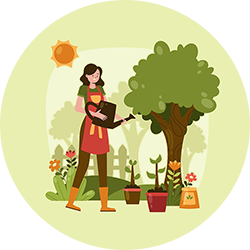Scientifically Proven Medicinal Plants You Can Grow Yourself

Growing your own medicinal plants is a rewarding way to connect with nature while building a practical home remedy toolkit. Many well-known herbs have scientific backing for their healing properties, making them both beautiful and beneficial additions to your garden. Whether you have a windowsill or a backyard, these plants are easy to grow and even easier to use.
Aloe vera
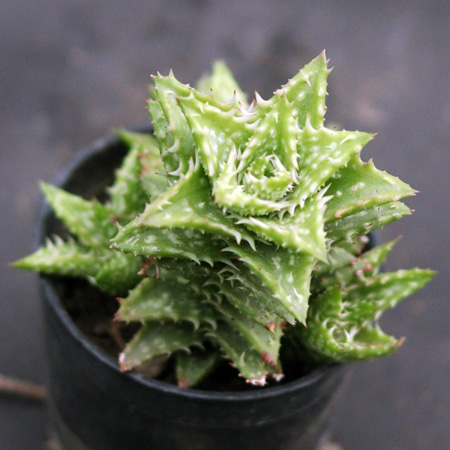
Aloe vera is widely recognized for its ability to soothe burns and heal minor skin irritations. A systematic review and meta-analysis found that aloe vera significantly reduced healing time in burn wounds. It grows well in containers, needing only bright indirect sunlight and well-draining soil. The gel inside the leaves can be applied directly to the skin as needed -> ScienceDirect
Peppermint

Peppermint has a long history of use for easing digestive issues and headaches. Clinical studies have shown that peppermint oil can effectively reduce migraine pain when applied topically. It grows vigorously in pots and prefers a mix of sun and partial shade. The leaves can be steeped for tea or added fresh to recipes -> Healthline
Lavender
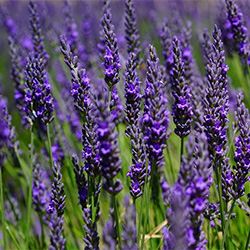
Lavender is known for its calming effects and its ability to promote better sleep. Research indicates that lavender aromatherapy can significantly reduce anxiety levels. It grows best in full sun with dry, well-drained soil, making it ideal for a sunny windowsill or garden bed. The dried flowers can be used in sachets, oils, or teas -> NCCIH
Chamomile
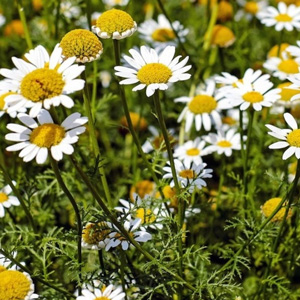
Chamomile is a gentle herb often used to reduce stress and help with sleep. A systematic review found that chamomile intake improved sleep quality among participants. It can be grown from seed and prefers full sun and light soil. The small, daisy-like flowers are typically harvested and dried for tea -> ScienceDirect
Lemon balm
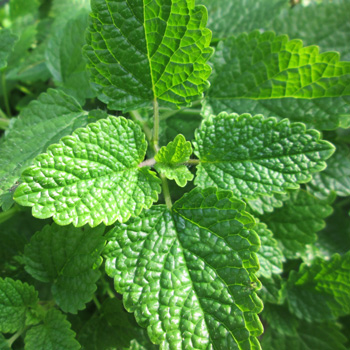
Lemon balm has a mild citrus scent and has been shown to reduce anxiety and help treat cold sores. Studies suggest that lemon balm extract can increase levels of GABA, a neurotransmitter that promotes calmness. It grows easily in containers and can tolerate both sun and partial shade. Fresh leaves can be used for teas or tinctures -> Cleveland Clinic
Turmeric
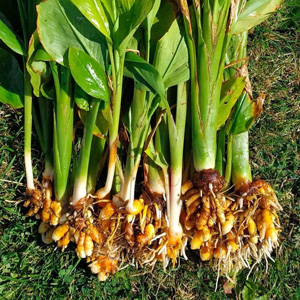
Turmeric is prized for its anti-inflammatory and antioxidant properties. Curcumin, the active compound in turmeric, has been extensively studied for its health benefits, including reducing inflammation and oxidative stress. It thrives in warm, humid conditions and can be grown in large pots indoors or outside in mild climates. The root is harvested, dried, and ground into powder for culinary or medicinal use -> SpringerLink
Echinacea
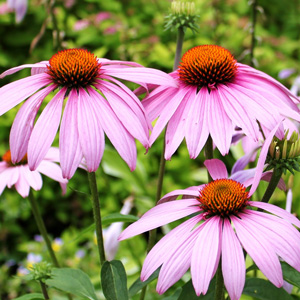
Echinacea is commonly taken to support the immune system and fight off colds. Research indicates that echinacea may stimulate the immune system, potentially reducing the duration of colds. This hardy perennial prefers full sun and tolerates a variety of soil types. Both the roots and flowers can be used to make tea or tinctures -> NCCIH
Conclusion
Learning to grow medicinal plants at home is a simple step toward a more natural lifestyle. With just a bit of space and care, you can enjoy herbs that not only enhance your garden but also support your well-being. From calming teas to soothing skin remedies, your garden can be a valuable part of your everyday health routine.
